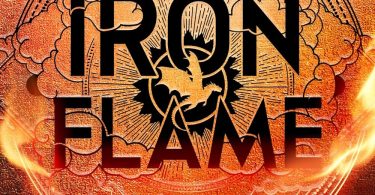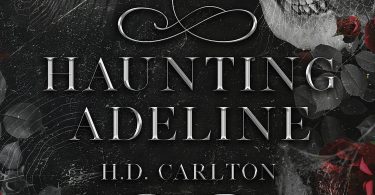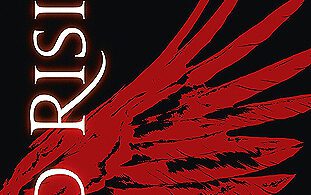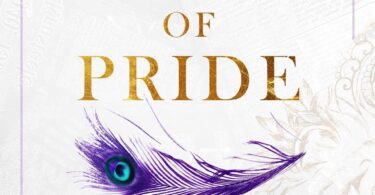Category - Novel
Novels are the foundation of literature, providing a window for its readers to enter into different worlds, perspectives, and experiences. Here are some specific details of novels as their literary structure and form:
About Novels Audiobook
A novel is a fictional and long narrative; it discovers experiences of readers by a connected even sequence. Novels are not like the short stories because they provide wider exploration of themes, settings and characters. They normally have a complicated structure and elements like resolution, climax, rising and falling actions and exposition.
Historical Evolution:
The literary form of the novel has progressed significantly over spans:
- Early Novels: Novels’ roots can be traced back to ancient, old-fashioned times, whereas the modern novel started to take shape in the 17th and 18th centuries with the works of Daniel Defoe’s “Robinson Crusoe” and Miguel de Cervantes’s “Don Quixote.”
- 19th Century: This was the rise of novels as dominant literature, with writers like Leo Tolstoy, Charles Dickens, and Jane Austen’s works remembered as classical works.
- 20th Century: The novels have continued with the new experiences in narration in the 20th century with new themes and techniques. There were authors like Gabriel Garcia Marquez, Virginia Woolf, and James Joyce.
- Contemporary Novels: These days novels cover a huge range of genres and styles that reflect modern society and address multiple complex issues.
Key Elements:
- Plot: The well-crafted plot is the center of the novel that engages the readers and the sequence of events creates an interesting story.
- Characters: Strong antagonists and protagonists are the important thing in any novel and the development of characters is one of the key elements of novels.
- Setting: The setting of novels can influence the characters and plot with the perfect place and time.
- Theme: The original message of the novel is based on its themes that can be delicate, and they mostly explore human experiences.
- Narrative Style: It is the writer’s choice of voice and perspective including omniscient or limited point of view, first or third person.
Genres:
There is a wide range of genres in novels audiobook with different storylines such as:
- Literary Fiction: It focuses on stylistic innovation, themes depth, and character development.
- Mystery and Thriller: These are suspenseful plots filled with thrill and mystery.
- Science Fiction and Fantasy: They explore speculative and imaginative worlds with elements of advanced technology and magic.
- Romance: This genre focuses on the emotional and romantic journey of characters.
- Historical Fiction: In this genre, the story is a blend of fiction and facts with past times.
Impact and Importance:
The novels have a deep impact on the readers:
- Cultural Reflection: The novels normally reflect the social issues, values, and norms of different historical periods and cultures.
- Emotional Connection: The novels normally have an emotional connection and readers engage with the storyline.
- Intellectual Engagement: Novels offer its readers to analyze themes critically and appreciate the storyline and shades of language.
Conclusion:
The novels audiobook are an enduring and adaptable form of literature that captivates readers by telling compelling and diverse stories. Novels are available in different genres which are for every reader










